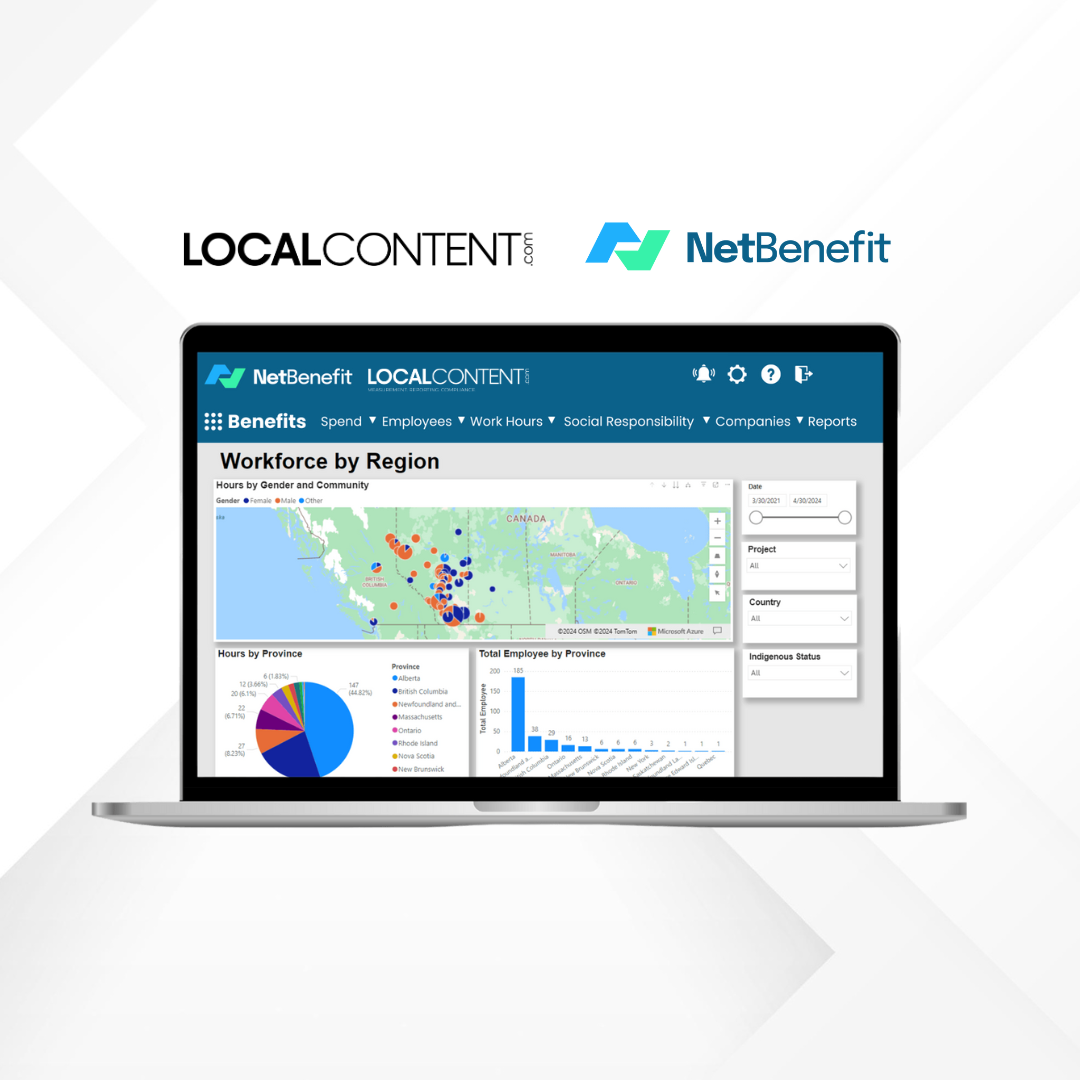(WASHINGTON) – Today, the U.S. Department of Transportation’s Federal Highway Administration (FHWA) announced that it has secured a Voluntary Resolution Agreement (VRA) with Alabama DOT as part of an FHWA Title VI investigation. The official complaints FHWA received in 2021 and 2022, stemming from flooding dating back several years, concerned the impact of stormwater runoff on properties located near the intersection of US Highway 84 and County Road 502 in Coffee County, known as the Shiloh community. The VRA requires Alabama DOT to construct infrastructure to mitigate the stormwater runoff. While the project under the VRA addresses stormwater runoff in response to flooding complaints from local residents, the Department believes more must be done to support the community and will continue to provide consultation in the effort to unlock further resources that may be available from local, state, and federal governments to address community needs.
FHWA received complaints from property owners in the Shiloh community that alleged that Alabama DOT highway widening project construction that started in 2017 and was completed in 2019 contributed to substantially increased stormwater runoff that increased flooding on nearby properties. On September 13, 2022, FHWA accepted and began an investigation into the allegations of violations of Title VI of the Civil Rights Act of 1964. As part of the investigation, FHWA reviewed approximately 4,000 pages of documents, many of which are complex environmental and technical reports, and conducted interviews with complainants, residents, and state and local officials.
“Earlier this year, I visited Shiloh to meet residents whose families had owned land there since slavery was outlawed, and I saw firsthand the flooding and home damage they have endured for years,” said U.S. Secretary of Transportation Pete Buttigieg. “The agreement with the Alabama Department of Transportation to build a drainage project is a first step toward addressing broader needs of the community. In addition to monitoring the state’s progress on project construction, the U.S. Department of Transportation will continue to provide technical assistance, coordinate with our federal partners, and urge Congress as well as state and local governments to act to unlock further resources to help make the Shiloh community whole.”
“In response to serious flooding complaints from the Shiloh community, today’s announcement is vital to address the stormwater runoff coming from Highway 84. However, this is step one. Rural communities, like Elba, need more investments and resources to spur economic revitalization aligned with the community’s aspirations. That’s why we remain committed and engaged, working alongside the Shiloh community and our federal agency partners, offering technical assistance and ensuring that all federal resources are leveraged and deployed, including through Coffee County and the State of Alabama, to help the residents and community recover,” said Acting Under Secretary of Transportation for Policy Christopher Coes. “Thanks to the leadership of Dr. Robert Bullard and his work with the White House Environmental Justice Advisory Council, these issues are front and center like never before in DOT’s history. Because of the enormous impact infrastructure can have on communities like Shiloh, DOT has issued a new policy statement reaffirming our goal of reducing negative impacts of transportation projects on communities with environmental justice concerns. We look forward to working with Congress and stakeholders on strengthening federal policies to ensure no community has to experience this again.”
Under the VRA, Alabama DOT committed to constructing a project to minimize the impact of stormwater runoff, including regrading the detention basin to increase capacity and direct water into roadside ditches, regrading roadside ditches, and widening ditch bottoms to increase storage to reduce the risk of overtopping. By securing these commitments from Alabama DOT, FHWA expects to see improvements implemented quickly to address and mitigate flooding impacts in the Shiloh community.
Separately, DOT, in coordination with other federal agencies, has committed to hosting an additional staff-level, on-site convening with the Shiloh community to support the community’s efforts to unlock resources and assistance at the federal, state, and local level.
“The Biden-Harris Administration and FHWA are committed to reducing the impact of highway projects on surrounding communities, especially in frontline and environmental justice communities. Our department has reinvigorated enforcement of Title VI, and FHWA has dedicated resources to the thorough investigation into allegations of noncompliance,” said Acting Federal Highway Administrator Kristin White. “After conducting interviews with community members, careful review of thousands of pages of documents, and extensive negotiations, FHWA has secured a commitment from Alabama DOT to make significant improvements to the highway to mitigate the impact of stormwater runoff in the Shiloh community Our work does not end here, and we are not going anywhere. We are committed to working with community leaders like Pastor Timothy Williams in Shiloh to ensure that transportation empowers communities, not harms them.”
To read the Voluntary Resolution Agreement, visit the FHWA Office of Civil Rights webpage.
Over the last several months, DOT has provided enhanced technical assistance to help the Shiloh community access federal resources through DOT’s Thriving Communities initiative and provided a dedicated community liaison to regularly work with the community. DOT staff have convened an interagency group, including the Department of Housing and Urban Development, the Department of Agriculture, the Federal Emergency Management Agency, the Environmental Protection Agency, and the Army Corps of Engineers, and has set up meetings to help identify options to assist the Shiloh community. Since DOT does not have any programs or funding that can provide emergency relief directly to communities experiencing hardship, this has been in a whole-of-government approach to help the Shiloh community access federal assistance that is not available through DOT alone.










